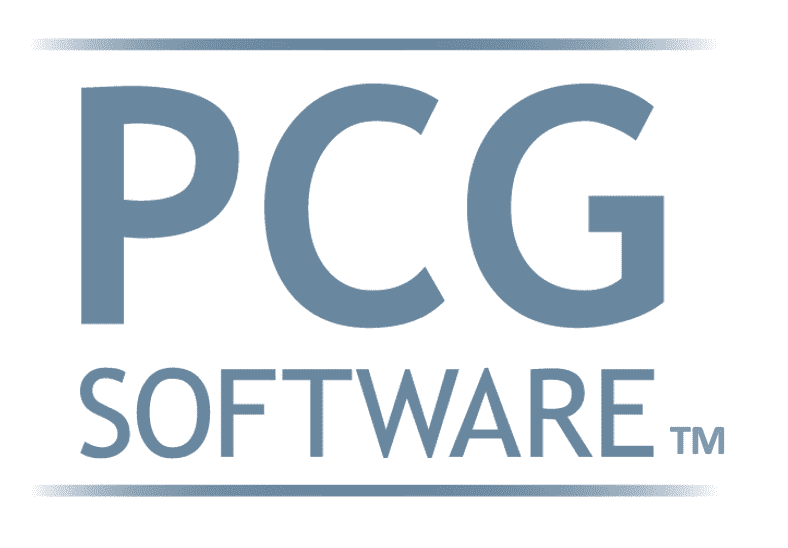Mental Health Fraud Hits Most Vulnerable Citizens
Introduction
About the Author; Andria Jacobs, RN, MS, CEN, CPHQ
Ms Jacobs is the chief operating officer for PCG Software and has more than 25 years of experience in the healthcare industry, encompassing both administrative and clinical arenas. Before joining PCG, Ms Jacobs was the administrative director, of medical management for VertiHealth Administrators. Previously, she was an independent consultant in ambulatory care and practice management, where her clients have included hospitals, physician groups, and the University of California, Los Angeles.
*** This article was written in January 2014, but many of these issues still exist today in healthcare in 2023.
Despite advancements in understanding over the past few decades, the stigma of suffering from an acute mental illness continues. But it’s still troubling to note that
more than half of adults with a mental illness received no treatment in 2012-13.
In addition, one in five adults said they were not able to get the treatment they needed for their mental illness. Even states with more universal access to healthcare report these problems.
Also troubling is the persistent amount of mental health fraud that occurs. By whatever yardstick you use, healthcare fraud costs us all dearly. Estimates put the price of healthcare fraud at between 3%-10% of total expenditures, which were $3 trillion in 2014. So that equates to between $90 billion and $300 billion in bogus charges that health plans and federal payers—and you and me—paid for.
And while healthcare fraud affects everyone through higher bills or co-pays, the mentally ill often suffer twice—once through lack of services or lack of adequate services and again if they are responsible for paying for their healthcare. Many of the mentally ill also face physical challenges, too, such as substance abuse, alcohol abuse, or infirmities that come with age.
Inadequate and Nonexistent Care
Imagine being in an in-patient facility, transitional care, or a group home where mentally ill patients do nothing but sit in chairs, watch TV, and eat fast food for dinner. That’s not care, that’s cruelty. And unfortunately, instances of alleged fraud continue almost nonstop.
Consider these recent examples:
- In July, federal prosecutors in Miami announced charges against three people accused of bilking Medicare out of $1 billion over 14 years for care that wasn’t necessary or wasn’t received. The main defendant is accused of using patients within the 20 skilled nursing and assisted living facilities he operates to bill Medicare for mental health, prescription drug, and home care services.
- St. Joseph’s Hospital Health Center in New York agreed earlier this year to pay $3.2 million to settle charges that it presented falsified claims for mental health services provided by unqualified staff members. The alleged falsified Medicaid claims were in conjunction with mobile-crisis outreach services provided over nine years.
- Also in July, Florida’s attorney general announced charges against three defendants accused of defrauding Medicaid out of $100,000 by charging mental health services never performed to children with Medicaid IDs. In this age of electronic health records, imagine the lingering effects of a false diagnosis as these children age.
- Five mental health hospitals in Massachusetts owned by Universal Health Services are the focus of a Department of Justice investigation into possible billing fraud. The Fortune 500 company has been the subject of a federal investigation for the past three years and was fined $6.9 million in 2012 to resolve allegations of fraudulent Medicaid billing for psychiatric counseling and treatment of adolescents.
Although strides are being made in curbing the most egregious abuses, partial hospitalization programs (PHP) are another area ripe for abuse. PHPs generally involve intense outpatient services that are delivered at Community Mental Health Centers (CMHC) or the ambulatory department of a hospital. Unfortunately, some CMHC’s provide services that equate to little more than residential daycare will billing for mental health services that go undelivered.
Ferreting Out Bogus Claims
Although medical and mental health coverages have expanded greatly since the passage of the Affordable Care Act, the atmosphere that makes billing fraud and abuse possible hasn’t changed much. The stigma that continues to be attached to mental illnesses and potential confidentiality issues discourage patients and their families from voicing concerns over irregularities.
For mental health practitioners, proper documentation is essential to comply with federal and state law. Such documentation is necessary to “fully disclose the extent of the services,” along with care and supplies that may have been furnished to patients and supporting documentation for claims.
Proper documentation not only helps patients by ensuring they are receiving the care described, it also can protect practitioners from any potential litigation or investigation. Documentation should include the services rendered and billing codes that accurately reflect those services. Undocumented services never should be billed, nor should services be coded at a higher level than treatment reflects. It should go without saying, but providers should never bill for any “chance, momentary social encounters between a therapist and a patient.”
On the patient side, claims should be checked carefully to ensure that the charges match the services received. Even when the patient has federal insurance, co-pays increasingly are required, and the service actually rendered may have a lower co-pay than what was billed. With increasingly high deductibles across the board, patients should pay close attention to all medical claims.
Health plans and other payers owe it to themselves to run analytics on claims for each provider. For example, billing over 24 hours for any provider would be an obvious red flag. But few fraud attempts would be so blatant. More likely, it would be a provider who consistently bills at the top end of the claim range for any condition or a provider who bills several intensive, 90-minute sessions each workday.
Regardless of who pays the bill, we all end up paying for fraud, waste, and abuse. In the case of mental illness, those who are denied adequate care continue to pay.
Our History and Credibility in Reporting this Information:
For over 30 years, PCG Software Inc. has been a leader in AI-powered medical coding solutions, helping Health Plans, MSOs, IPAs, TPAs, and Health Systems save millions annually by reducing costs, fraud, waste, abuse, and improving claims and compliance department efficiencies. Our innovative software solutions include Virtual Examiner® for Payers, VEWS™ for Payers and Billing Software integrations, and iVECoder® for clinics.


